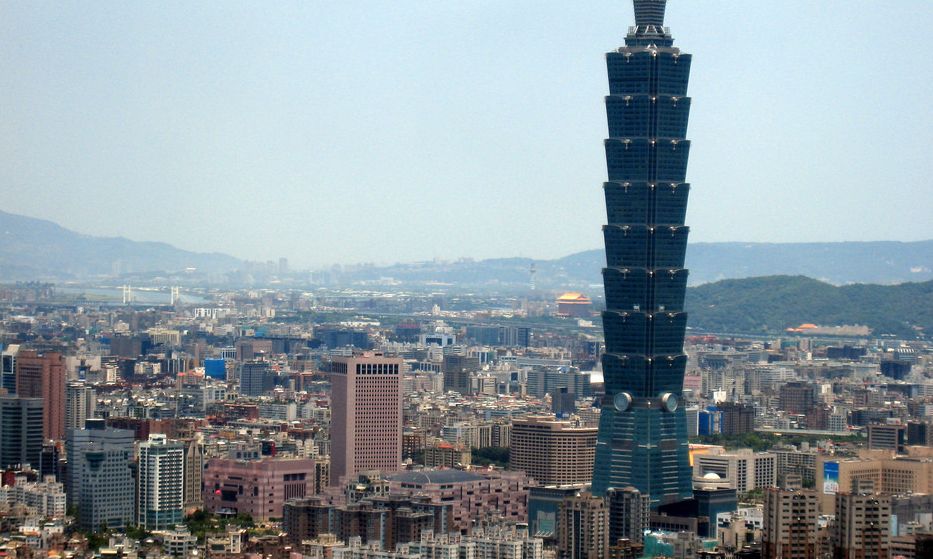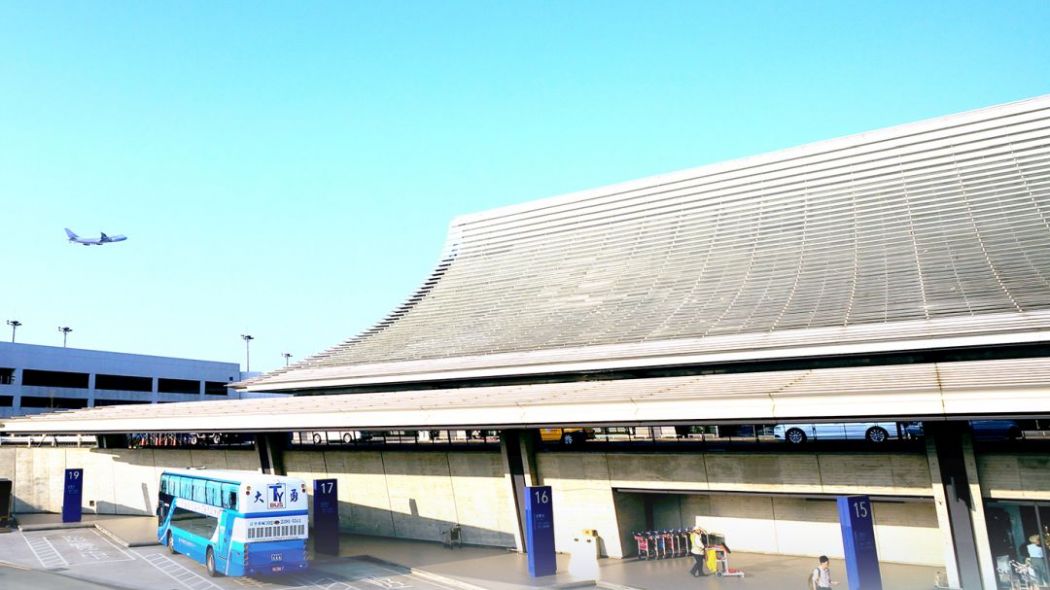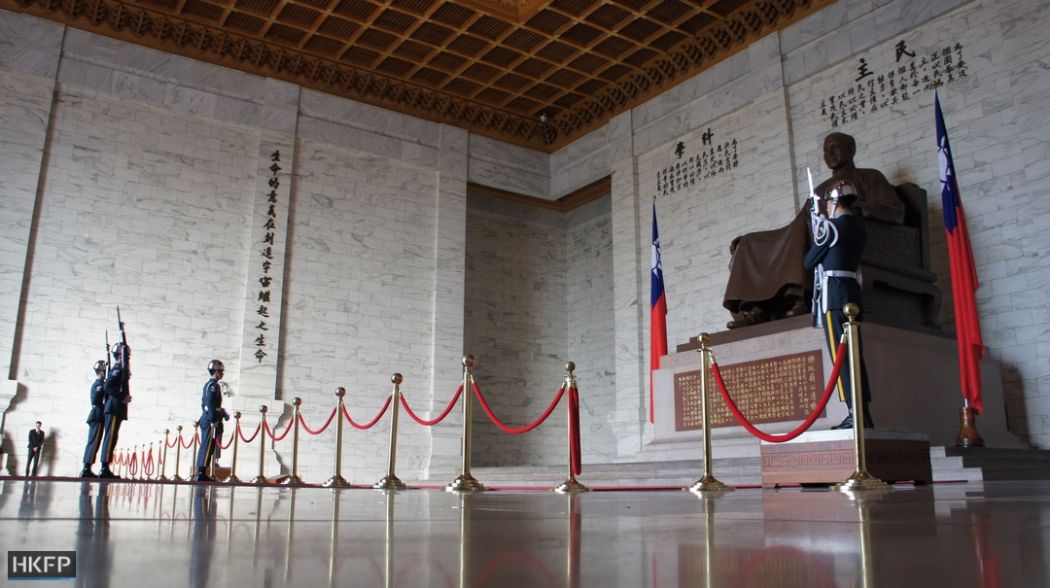To some Hongkongers, Taiwan is a fun foodie destination with enviable civil and political freedoms. But to others, Taiwan is a stagnating place in terms of economic development and has nothing really going on.
A good example of this is a recent column in a local daily that referred to Taiwan as Hong Kong’s past while lauding Guangzhou as Hong Kong’s future. As someone who has lived and worked in both Taiwan and Hong Kong, I have to say this is incredibly silly.
Unfortunately, this attitude is common among some Hong Kong corporate, government and media types. While it’s true Taiwan’s economy has been sluggish over the past decade, Taiwan has not been standing still.
Even putting aside Taiwan’s strong democratic and civil liberties, there are several areas where Taiwan is doing quite well such as recycling, public transit and the arts.

Recycling might not be a very fascinating topic but it is important, especially given the sheer amount of garbage produced by societies and the lack of landfill space to dispose of it. Taiwan is a world leader in recycling, boasting a 55 per cent recycling rate with household garbage and a staggering 75 per cent of industrial waste.
This didn’t happen overnight; it took over two decades to accomplish through a combination of laws, strict enforcement, waste charges and public education. Back in the early 90s, Taiwan had a serious trash problem with overflowing landfills and protests over building new incinerators. Now, recycling has become a basic part of everyday life.
For instance, in the Taipei building I lived in, every household separates their garbage into food waste, paper, plastics and glass, with the remainder being put into government-approved blue garbage bags.
Contrast this to Hong Kong where you just throw all your garbage out together. In every place I’ve stayed at in Hong Kong, I haven’t seen any recycling for garbage. At one point, I used to take paper waste like granola boxes and throw it into a public recycling bin near my apartment, which earned me strange looks once or twice, or in the recycling bins in my company.
Hong Kong is, to put it mildly, a laggard. It will put into practice a mandatory waste charging scheme in 2020, which Taipei has had in place since 2000 and Seoul since 1995.
In a tiny city-state, one would think that reducing garbage in light of decreasing space to dispose of it properly would be a more pressing priority for the Hong Kong government. Instead, the authorities have been pondering this issue for at least 14 years, so hopefully this time it will actually happen.
One area where Hong Kong has reason to feel proud of is a very good public transport system, despite the MTR having had a few issues lately including last month’s test crash. However, Taipei’s MRT is just as good, maybe even better, when it comes to efficiency, convenience and reliability.
If you compare station cleanliness and washroom availability, Taipei’s MRT comes out far ahead since every single station has washrooms. I’m not sure what the excuse for lack of washrooms in Hong Kong’s MTR stations is, given that many of these stations have multiple levels and lots of space.

Sure, Taipei is more spread out and less dense than Hong Kong Island and Kowloon, but the Taipei MRT now goes directly to Taiwan’s Taoyuan Airport and continues to extend into the surrounding New Taipei. In addition, New Taipei’s Tamsui district now features a light rail (similar to Tuen Mun and Yuen Long in the New Territories), as does Kaohsiung, which means residents can use multiple means of public transit in the form of subway, bus and light rail.
If you take the bus in Taipei, you might notice that most bus stops feature electronic signs that show continually updated information on how long before the next buses will come. These waiting times, based on real-time GPS data, apply to all buses, operated by multiple bus companies.
Besides Taipei, other cities like Tainan also feature digital bus timetables at bus stops. If Hong Kong has electronic bus arrival signs at stops, I am yet to see them.
Meanwhile, Taiwan’s strong arts scene continues to grow, featuring more arts festivals, events and venues such as museums and workshops. Taiwanese cities often feature “creative parks” that host Taiwanese artists, galleries and boutiques, thus preserving cultural space in the middle of urban hubs.
In Taipei, you have the Songshan and Huashan creative parks, built on a former Japanese colonial tobacco factory and winery, respectively, while Kaohsiung has its large waterfront Pier-2 Art Centre.
Kaohsiung also opened its impressive Weiwuying, the world’s largest arts performance center, last year. While it hosts concerts, operas, plays, and dance performances in its five interconnected venues, it is also open for the public to visit and gather around, so serving as communal space.

Besides arts events and venues, Taiwan’s book publishing industry is still thriving, putting out over 40,000 books in 2017. Taiwan is also growing as a regional media hub, attracting German public broadcaster Deutsche Welle and international media NGO Reporters Without Borders to set up their regional offices there.
This is of course due to Taiwan’s very strong media and press freedoms, in contrast to Hong Kong which has seen its civic, press and political liberties shrink over the years.
I know Hong Kong is building a massive showcase project, the West Kowloon Cultural District (WKCD). As a fan of museums, I think it’s great the WKCD will have a contemporary art museum, the M+. I’m less sure about the proposed museum to feature exhibits from Beijing’s Forbidden Palace or the massive Chinese opera Xiqu Center.
However, one would only hope that local artists and performers will feature prominently in the WKCD and that there is adequate support being provided to grassroots arts programs and venues.
Taiwan is about much more than just night markets and democracy. Frankly, Hong Kong could learn a thing or two from Taiwan. Unfortunately, some of Hong Kong’s political and media personalities are too busy gushing over things like Chinese GDP growth statistics, which are in some cases inflated, and the “Greater Bay Area” to realise this.
